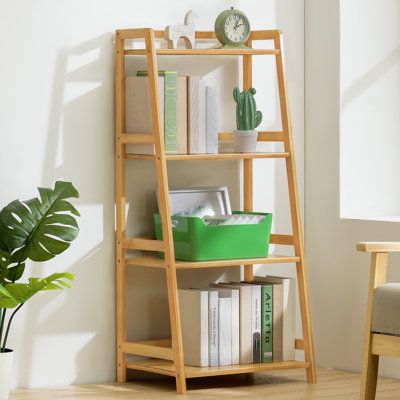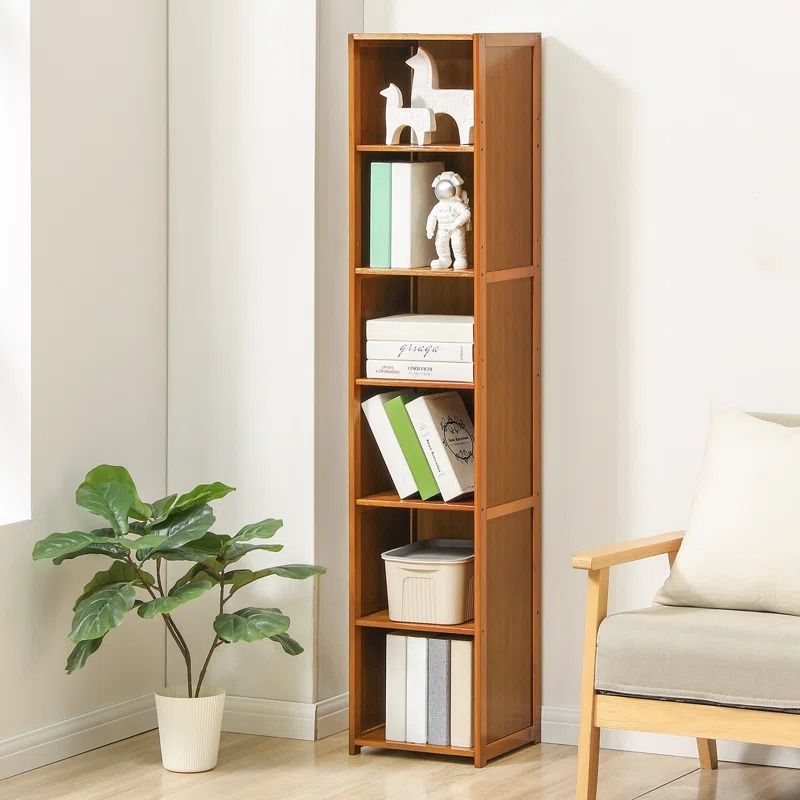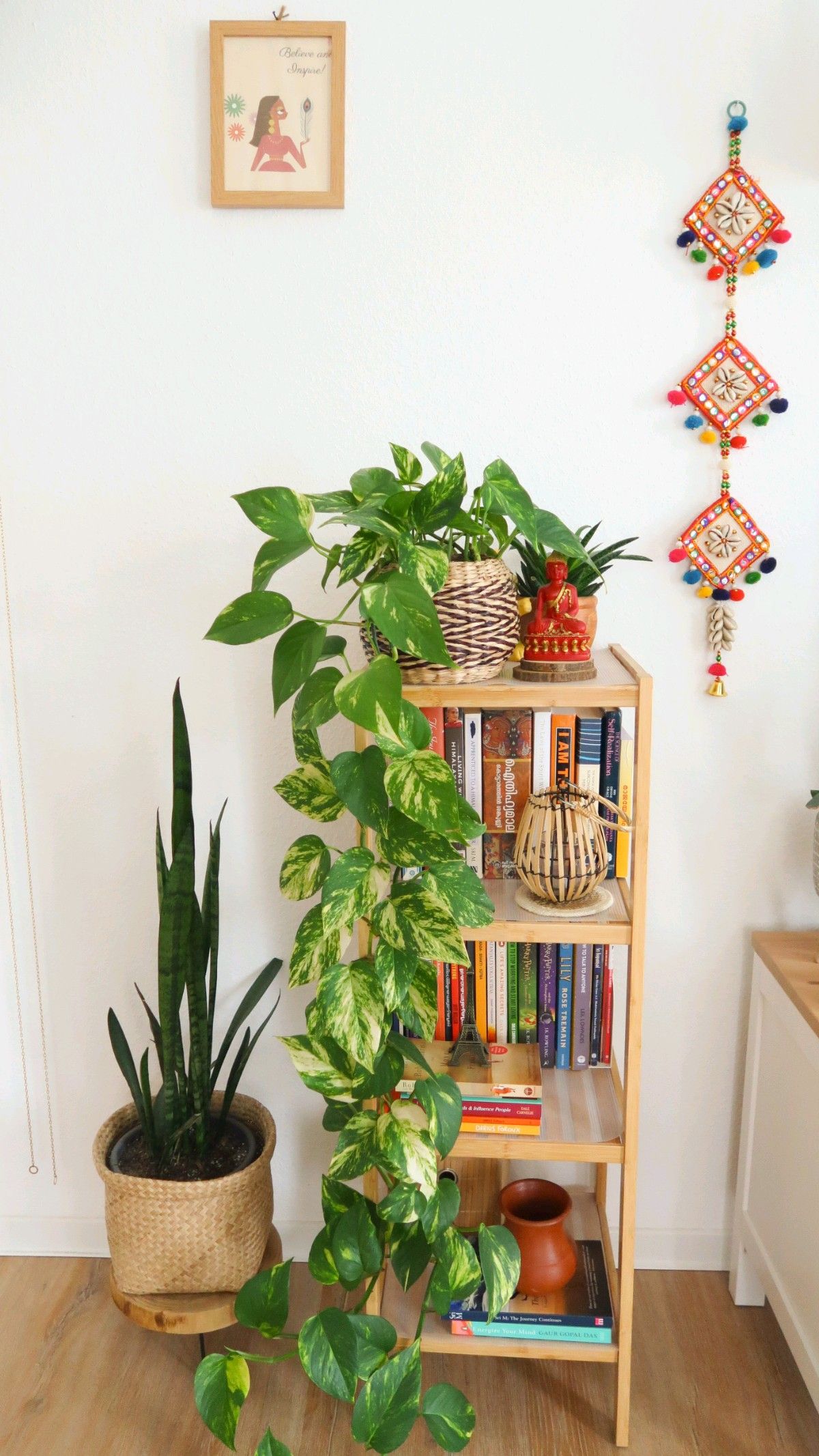As demand for sustainable and eco-friendly furniture continues to rise, bamboo bookshelves have emerged as a popular alternative to traditional wood-based shelving units. Bamboo, known for its strength and rapid growth, offers several advantages over conventional materials. This article examines the stability and durability of bamboo bookshelves, providing insights into their resilience, long-term performance, and overall suitability for home and office spaces.
1. Natural Strength of Bamboo
Bamboo is often regarded as one of the strongest natural materials. It has a tensile strength comparable to steel, which gives bamboo bookshelves a solid foundation for holding books, decor, and other items. Despite its lightweight nature, bamboo is less prone to bending or warping compared to many hardwoods. This characteristic makes bamboo shelves an excellent choice for long-term use, even in areas with fluctuating humidity levels.
2. Resistance to Environmental Stress
One of the main advantages of bamboo is its ability to resist environmental stressors. Bamboo is more resistant to cracking and splitting than traditional wood, making it an ideal choice for bookshelves that will be exposed to varying temperatures and humidity. Bamboo’s natural composition allows it to expand and contract with the environment, helping maintain its structural integrity over time.
In comparison, traditional wood can be more susceptible to warping and splitting, especially when exposed to moisture. Bamboo, on the other hand, is naturally moisture-resistant, giving it an edge in terms of durability in environments like kitchens, bathrooms, or areas with high humidity.
3. Sustainability and Durability
Another important consideration is the long-term durability of bamboo bookshelves. Bamboo grows much faster than traditional hardwoods, making it a highly sustainable resource. Bamboo shelves are typically manufactured with minimal processing, which enhances their durability while also contributing to eco-friendly practices. Unlike conventional wooden furniture, bamboo bookshelves are often made from solid bamboo or laminated bamboo, both of which contribute to the longevity of the shelves.
Bamboo is less prone to pest damage than traditional wood, adding to its durability. Its resilience to termites, mold, and mildew ensures that bamboo bookshelves can maintain their structural integrity for years, even in more challenging environments.
4. Comparing Bamboo to Traditional Wood
While both bamboo and traditional wood bookshelves are designed to withstand everyday wear and tear, bamboo has certain advantages when it comes to overall performance. Bamboo shelves tend to retain their aesthetic appeal longer due to their natural, smooth finish, which resists scratching better than softer woods. Additionally, the natural resilience of bamboo ensures that it doesn’t lose its shape or support under heavy loads, unlike some wood shelves that may sag or buckle over time.
 Conclusion
Conclusion
In conclusion, bamboo bookshelves offer an excellent balance of stability, durability, and eco-friendliness. Their natural strength, resistance to environmental stress, and sustainability make them an attractive choice for those seeking a reliable and long-lasting shelving solution. When properly maintained, bamboo bookshelves can provide years of functionality and visual appeal, making them a smart investment for both residential and commercial spaces.
By choosing bamboo, consumers can enjoy the benefits of a strong, durable, and environmentally conscious alternative to traditional wood bookshelves. As bamboo continues to gain recognition for its exceptional properties, it is likely to become a leading material in the furniture industry, particularly for bookshelves and storage solutions.
Post time: Nov-06-2024







